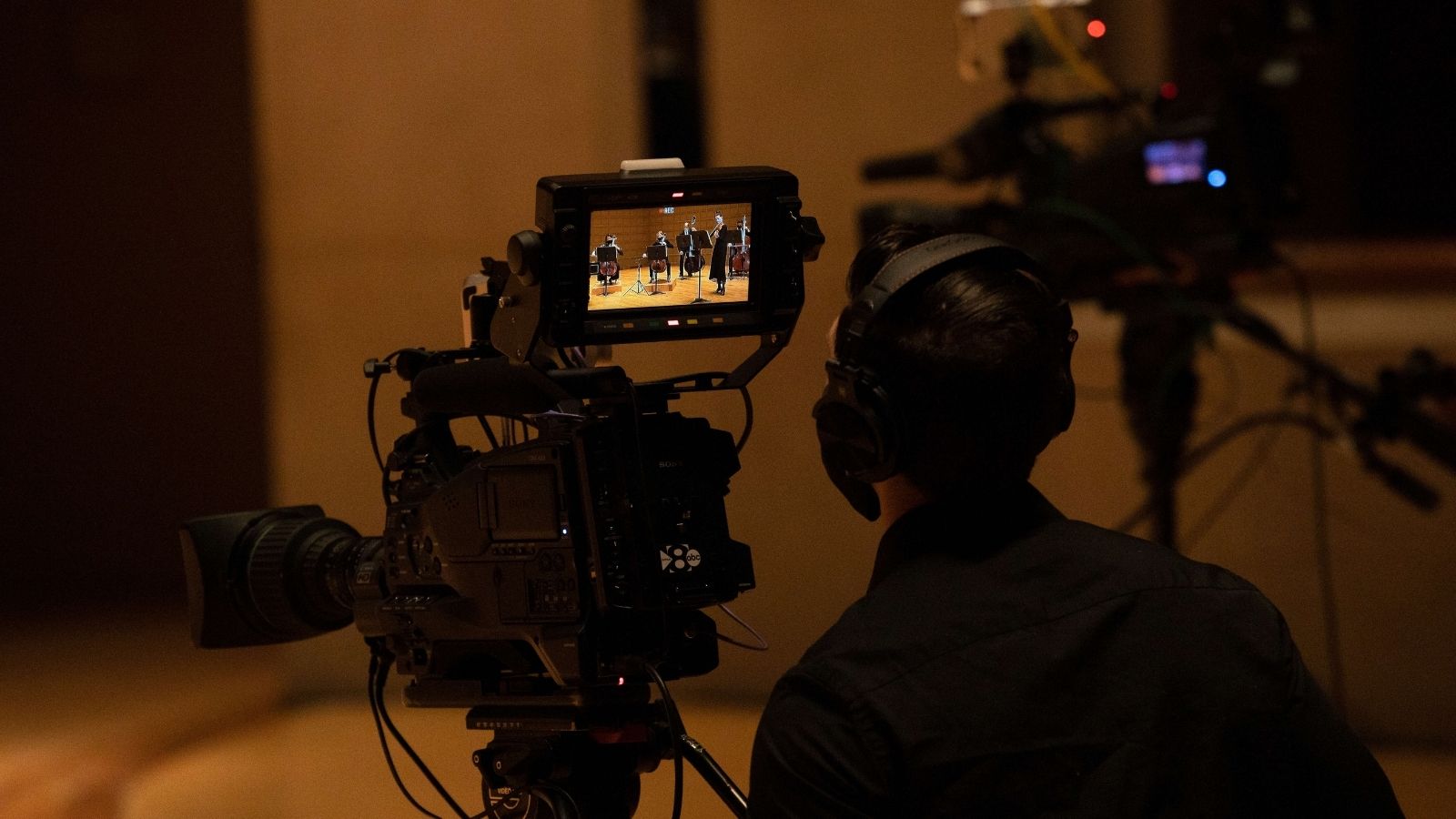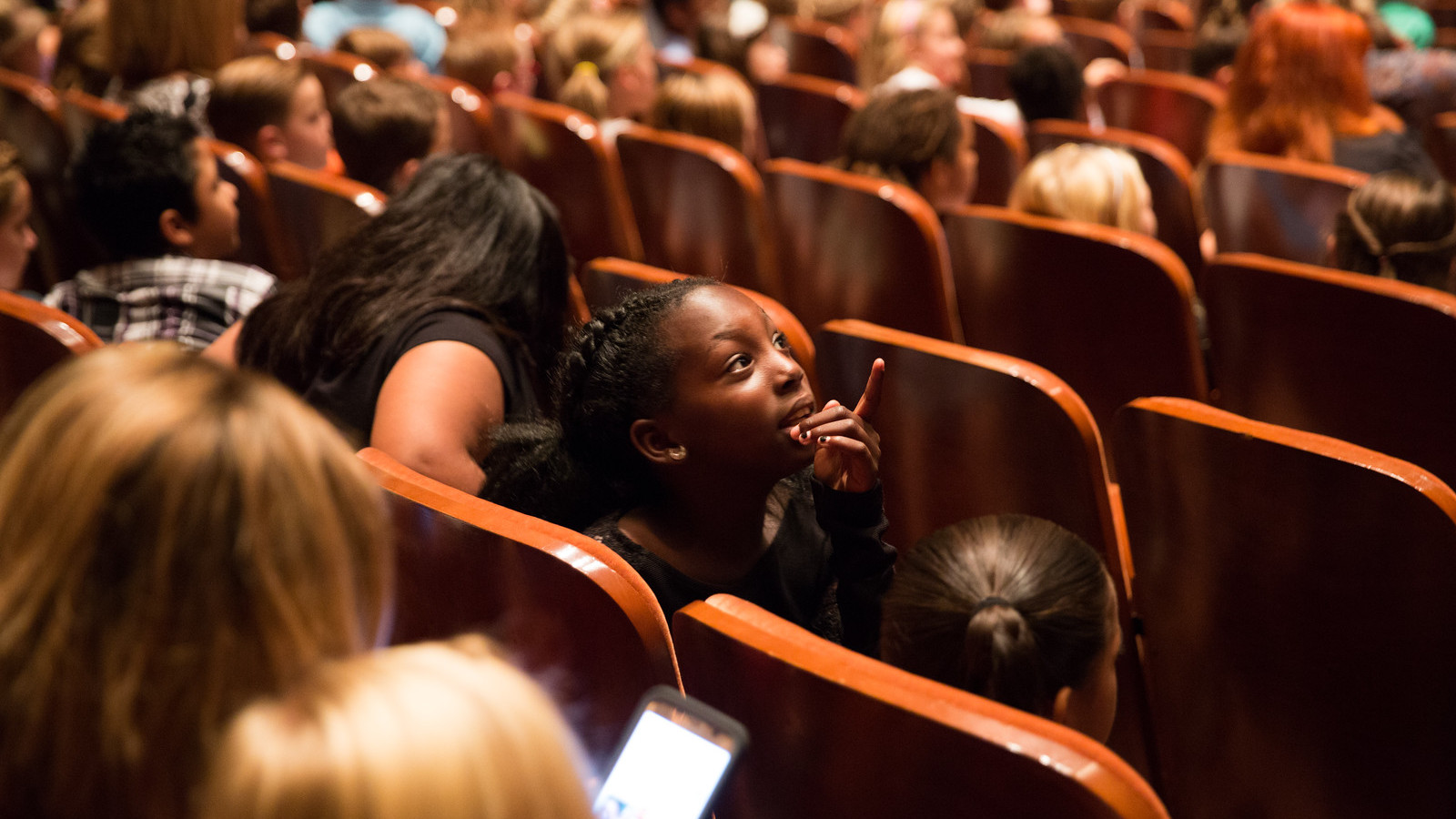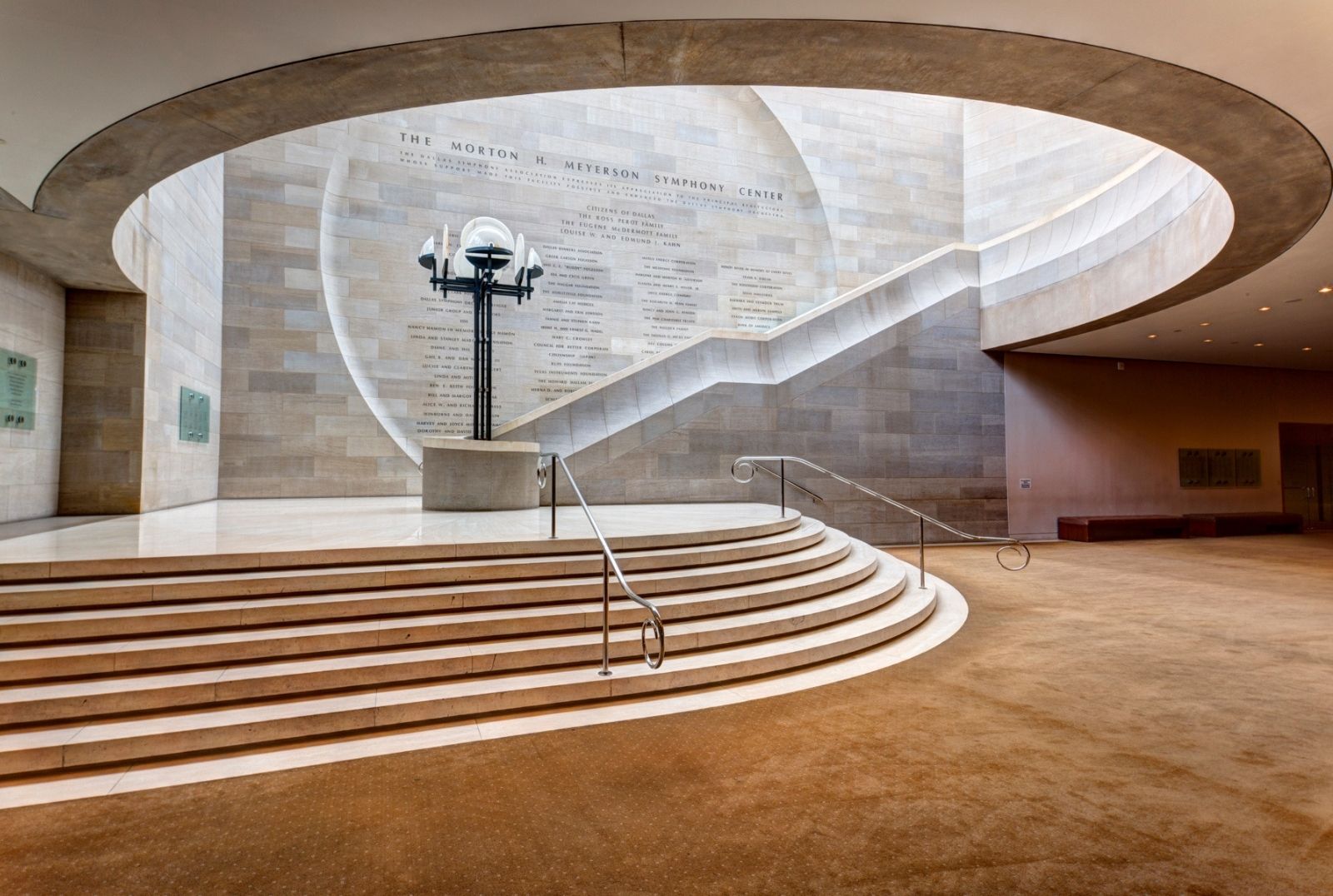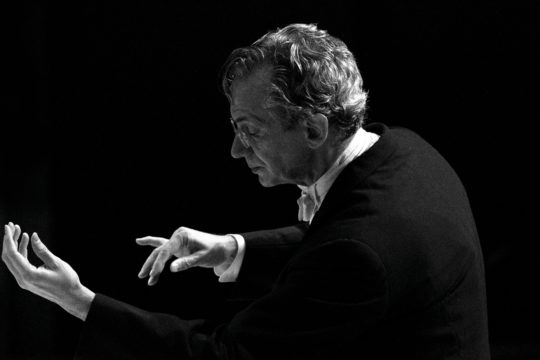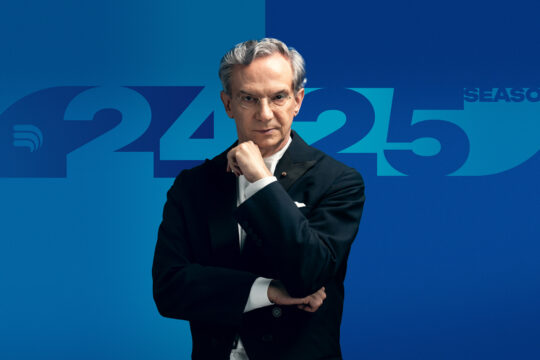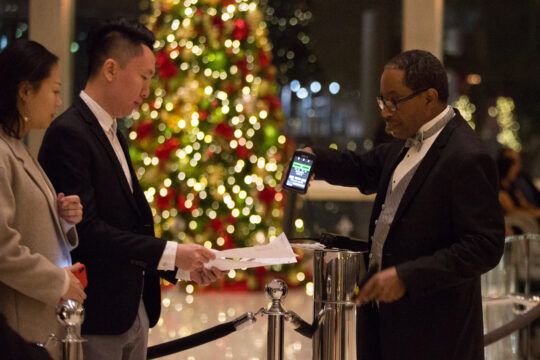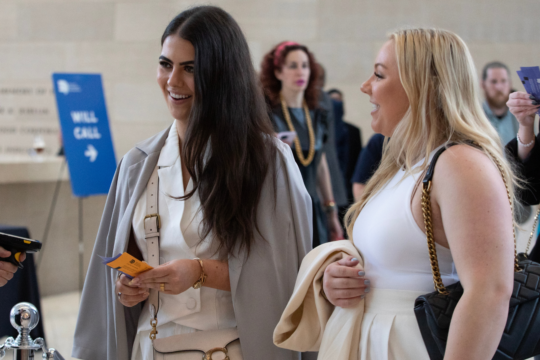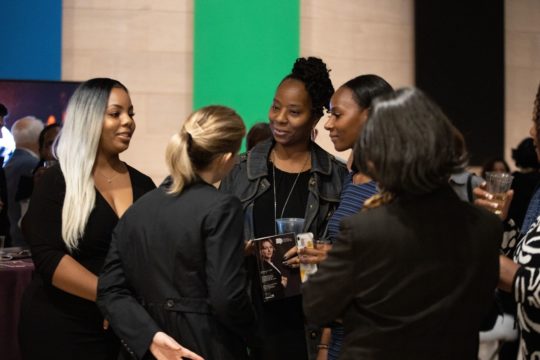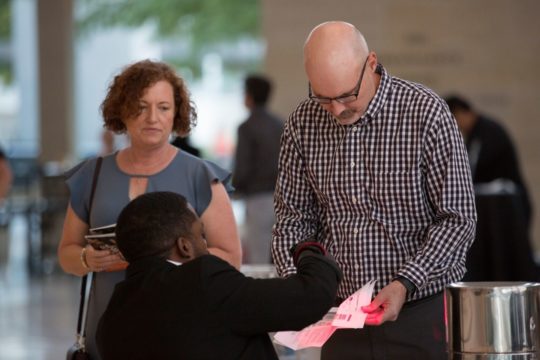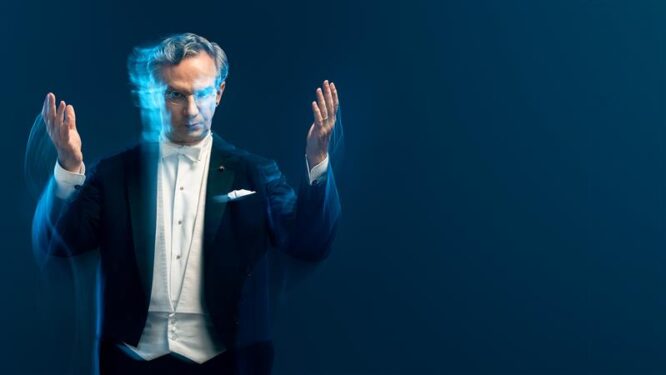Something for everyone—and always a good time
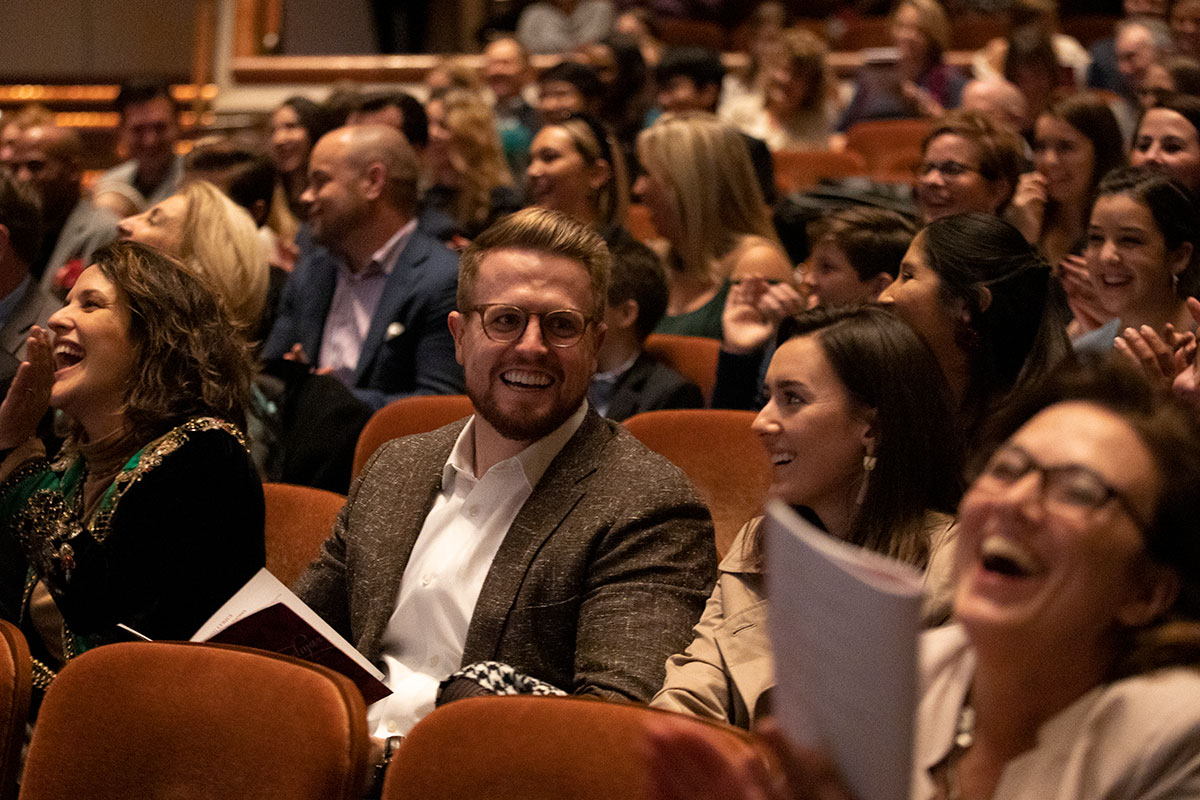
From Beethoven to the Beatles, Sibelius to Star Wars, the Dallas Symphony Orchestra offers a great night out for every interest. Whether you are a first-time concert attendee or a lifelong listener, you’ll always leave a DSO performance or educational event energized and uplifted.
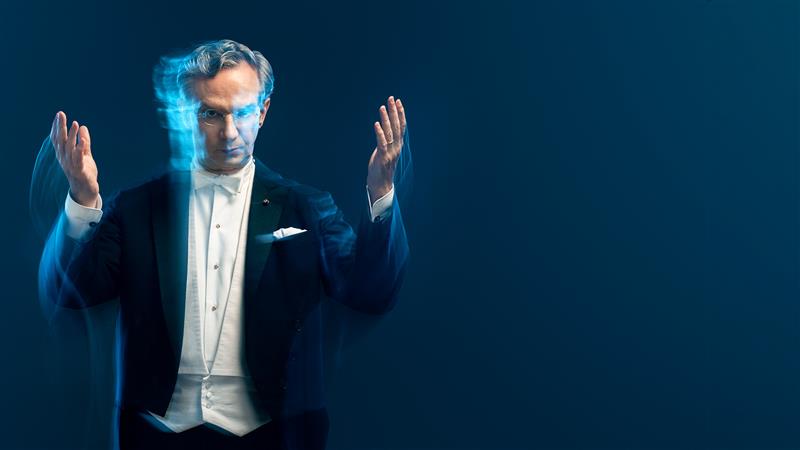
Wagner’s Ring Cycle

Beginning in May 2024, the Dallas Symphony Orchestra, under the direction of Music Director Fabio Luisi, will present an opera-in-concert version of Richard Wagner’s complete Der Ring des Nibelungen with internationally renowned singers.
Read more
